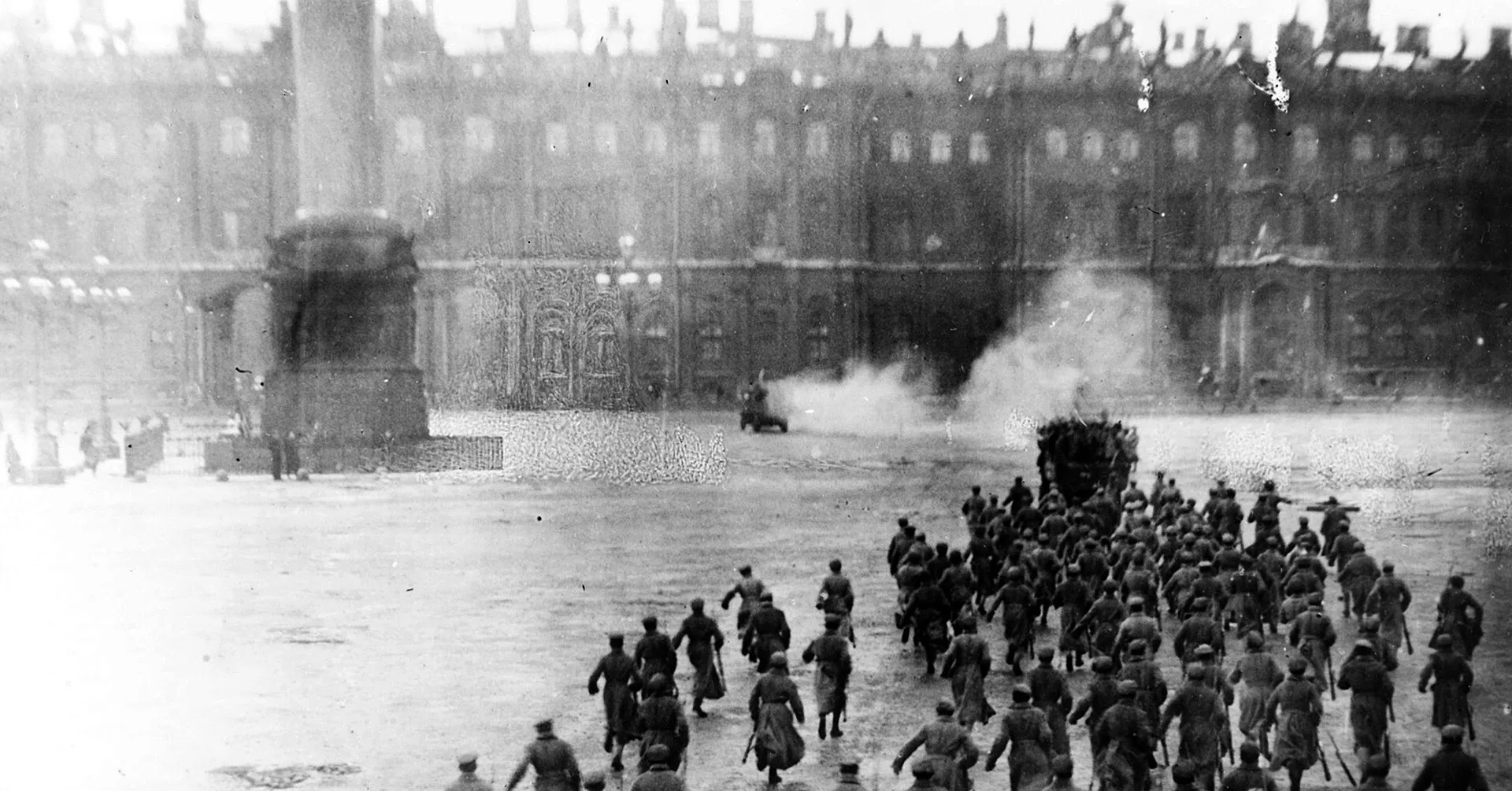When discussing the rapidity of changes in Russia and at the same time the unpreparedness of politicians for them, they often recall that the leader of the Bolsheviks, shortly before the overthrow of Nicholas II, was sure that the revolution was still far away. We have verified the veracity of such statements.
Statements that Lenin did not expect the fall of the Russian Empire at the beginning of 1917 can be found not only in blogs And newspaper articles, but also, it would seem, in quite respectable books. For example, the British writer Robert Payne in his biography of Lenin (it was translated into Russian and published in the series “The Lives of Remarkable People”) wrote: “By the end of February 1917, Lenin was completely desperate. The Russian Revolution, which he imagined as the initial stage of the world revolution, again seemed to him a distant, pipe dream.”
As evidence for this point of view, a quotation is almost always given from report Lenin about the revolution of 1905, which he spoke on January 22 (January 9 according to the Julian calendar) 1917 in Switzerland: “We old men may not live to see the decisive battles of this coming revolution.” Sometimes she is not remembered verbatim, further strengthening the skepticism of the Bolshevik leader. For example, like claimed in one of his broadcasts on the Ekho Moskvy radio station, poet and publicist Dmitry Bykov: “Lenin did not take any part in the February Revolution at all. A week before, he said: “It’s unlikely that our grandchildren will see the revolution.”
Although the quote “We old men may not live to see the decisive battles of this coming revolution” really belongs to Lenin, familiarity with the full text of the report and the circumstances of its preparation make us look at the politician’s words differently. First of all, we note that the report was made in German before the Swiss working youth at the People's House in Zurich. From the full text of the report it follows that by “the decisive battles of this coming revolution” Lenin understood the victory of communism in Europe and throughout the world, and not just in Russia. Immediately before the quoted words he spoke:
We should not be deceived by the current deathly silence in Europe. Europe is fraught with revolution... Just as in Russia in 1905, under the leadership of the proletariat, a popular uprising began against the tsarist government with the aim of conquering a democratic republic, so the coming years, precisely in connection with this predatory [World War I] war, will lead in Europe to popular uprisings under the leadership of the proletariat against the power of finance capital, against the big banks, against the capitalists, and these upheavals cannot end otherwise than with expropriation bourgeoisie, the victory of socialism.
The context also makes it possible to understand why 46-year-old Lenin called himself an old man - he really was much older than his listeners and, obviously, used this definition as a rhetorical device.
Lenin's other texts and correspondence from 1915 to early 1917 indicate that he tried to keep a close eye on the state of affairs in Russia, despite the difficulties associated with disseminating news across war-torn Europe. In the article “Twelve Brief Theses on G. Greulich’s Defense of the Fatherland,” published by Lenin (under a pseudonym) in the Swiss newspaper Volksrecht on January 31 and February 1, 1917, he pointed to the growth of revolutionary sentiments in both Russia and Germany, discussed rumors about the conclusion of a separate peace between these countries and wrote:
The Tsar could say to Wilhelm: “If I openly sign a separate peace, then tomorrow you, oh my august counterparty, will probably have to deal with the government of Miliukov and Guchkov, if not Miliukov and Kerensky. For the revolution is growing, and I cannot vouch for the army, with whose generals Guchkov corresponds, and whose officers are now more of yesterday’s high school students. Should we risk the fact that I might lose the throne, and you might lose a good counterparty?”
It is noteworthy that a little over a month later, all three of the mentioned politicians: the leader of the cadets Pavel Milyukov, the head of the "Union of October 17" Alexander Guchkov and the Socialist Revolutionary Alexander Kerensky - became part of the Provisional Government formed after the February Revolution.
Already in October 1915 Lenin wrote to party comrade Alexander Shlyapnikov: “The news from Russia testifies to the growth of revolutionary sentiment and movement, although this, apparently, is not yet the beginning of the revolution.” In a letter to Inessa Armand dated December 16, 1916, the Bolshevik leader, reporting that he had received news from Petrograd, noted: “The mood, they write, is arch-revolutionary.” In February 1917, in a letter to the same Armand, he already referred to news from Moscow: “They write that the mood of the masses is good, that chauvinism is clearly on the decline and that there will probably be a holiday on our street.”
However, it would be wrong to say that Lenin at that time was completely confident in the imminent revolution in Russia and the possibility of returning there. In letters to relatives during the same period, he admitted that he would have to live in Switzerland for a long time. So, in a letter to his brother-in-law Mark Elizarov (husband of Anna Ulyanova) dated February 18 or 19, 1917, Lenin stated a project to publish the Pedagogical Encyclopedia, which could be in demand in Russia, and asked to find possible investors.
So, on the one hand, Lenin, living in exile, closely monitored the state of affairs in his homeland and saw the prerequisites for a possible revolution there. On the other hand, even in February 1917, he was not sure when exactly this revolution would occur, admitting that he would have to wait for more than one year.
Cover photo: still from the film “October” (Wikimedia Commons)
- "Bitter". What to read about Lenin
- Arzamas. Who is Lenin?
- Did Lenin say: “Let 90% of the Russian people die, if only 10% survive to see the world revolution”?
If you find a spelling or grammatical error, please let us know by highlighting the error text and clicking Ctrl+Enter.






